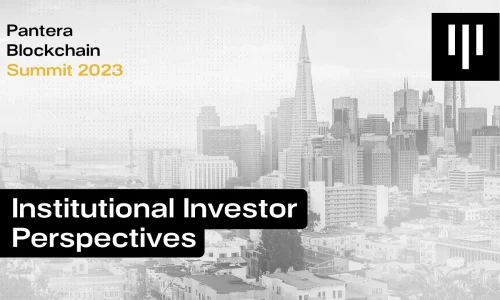See all Pantera Capital transcripts on Youtube

Pantera Blockchain Summit 2023 | Panel: Institutional Investor Perspectives
31 minutes 19 seconds
🇬🇧 English
Summaries Topics Transcript Chapters Titles Socials Twitter Blog Post Newsletter Quotes Quizzes Ask ChatGPT

Omnivision Solutions Ltd
- Getting Started
- Create Transcript
- Pricing
- FAQs
- Recent Transcriptions
- Roadmap